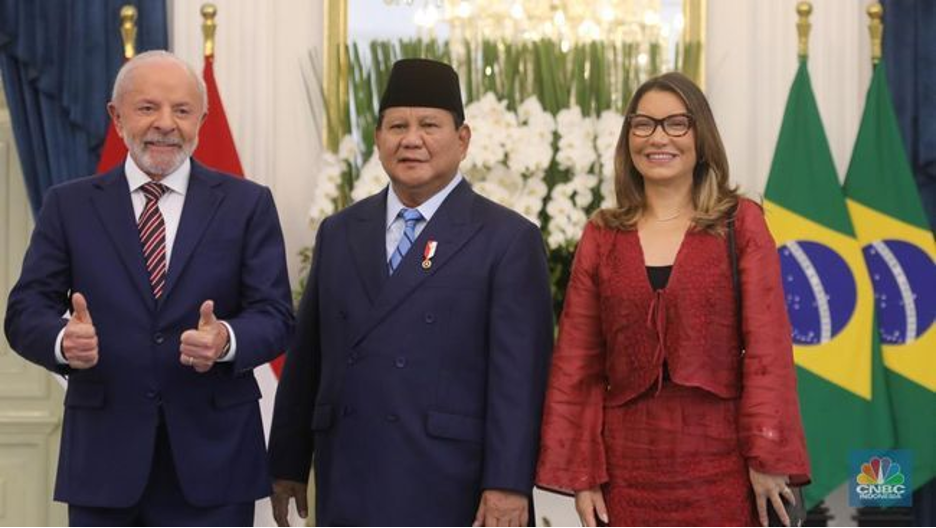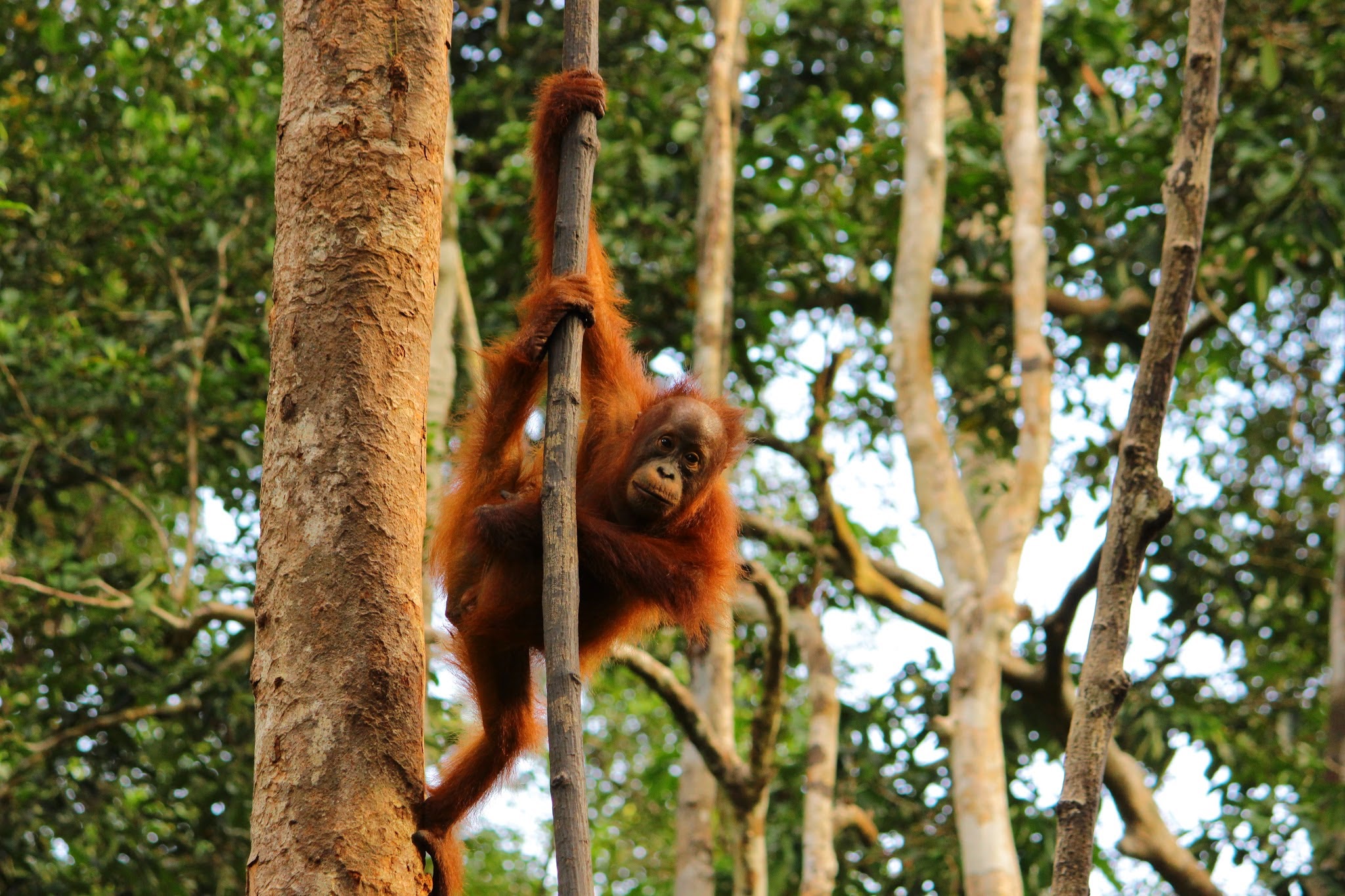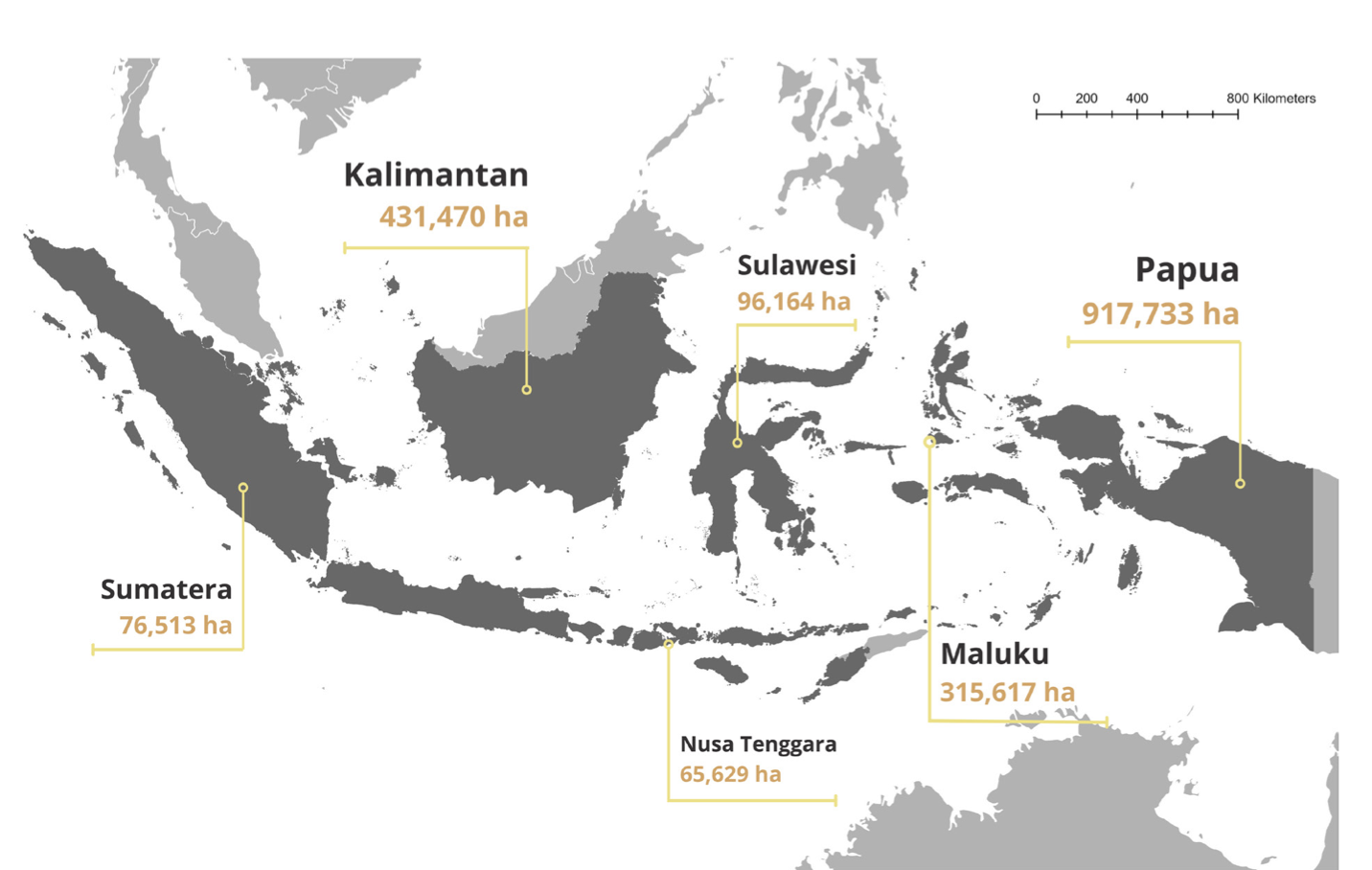
CEO Note: A new era of South-South cooperation for nature
Indonesian President Prabowo Subianto has just announced that Indonesia will contribute to the Tropical Forest Forever Facility (TFFF), a fund originated by Brazil that aims to raise up to $125 billion from sovereign wealth funds and others to finance the conservation of nature. The announcement came at Prabowo’s summit with Brazilian President Luis Inacio Lula da Silva in Jakarta.
The fact that Indonesia intends to contribute to the fund, joining Brazil, demonstrates a major advance in conservation initiatives. Historically, international conservation has been funded by “Global North” countries; now, two of the world’s largest rainforest nations are kick-starting the fund themselves. It’s a moment to be celebrated. It’s also a call to action for the wealthiest countries. Europe, China, North America, Australia, Japan, Korea, China, United Arab Emirates, Saudi Arabia, Singapore and others will be needed to get this fund to the scale it needs. These countries have a responsibility to pay – companies based in the Global North have played a big role in financing deforestation. But this shouldn’t be thought of as guilt money. Instead, it is an investment in their own survival: wealthy countries have the capacity to protect nature from the many threats buffeting it, and have a unique opportunity to do so.
Prabowo and Lula’s action shows that major developing countries have the capacity – and increasingly the financial resources – to protect and restore nature themselves. It’s smart: the Northern countries have not historically done an amazing job of delivering on dreams of large-scale aid. The TFFF, on the other hand, rooted in rainforest nations themselves, could begin to turn this financing model on its head.

To be sure, this announcement alone won’t save the rainforest. The funds need to get to scale (hopefully by the Belém climate summit in November), and Indonesia will need to complement this action by rechanneling existing deforestation projects like the Food Estates onto degraded land; just as Brazil can make more progress in enforcing the law against meat companies engaged in deforestation.
But it’s a big start and one that deserves praise – and emulation.
—
© 2025. The text of this article is openly licensed under Creative Commons (CC BY-ND 4.0); you are free to copy and redistribute or republish the article in its entirety with attribution and credit.
